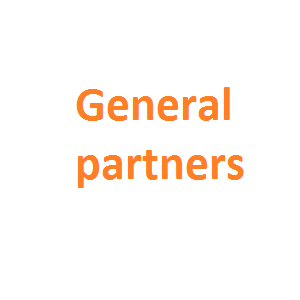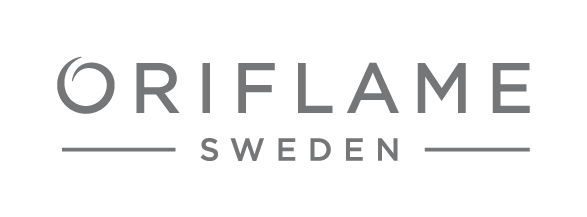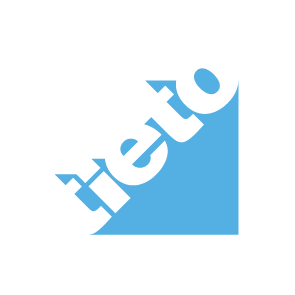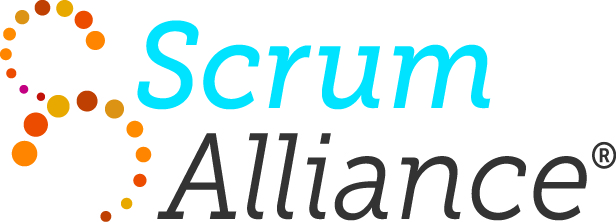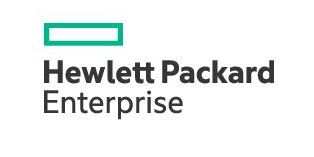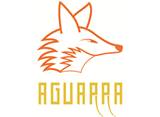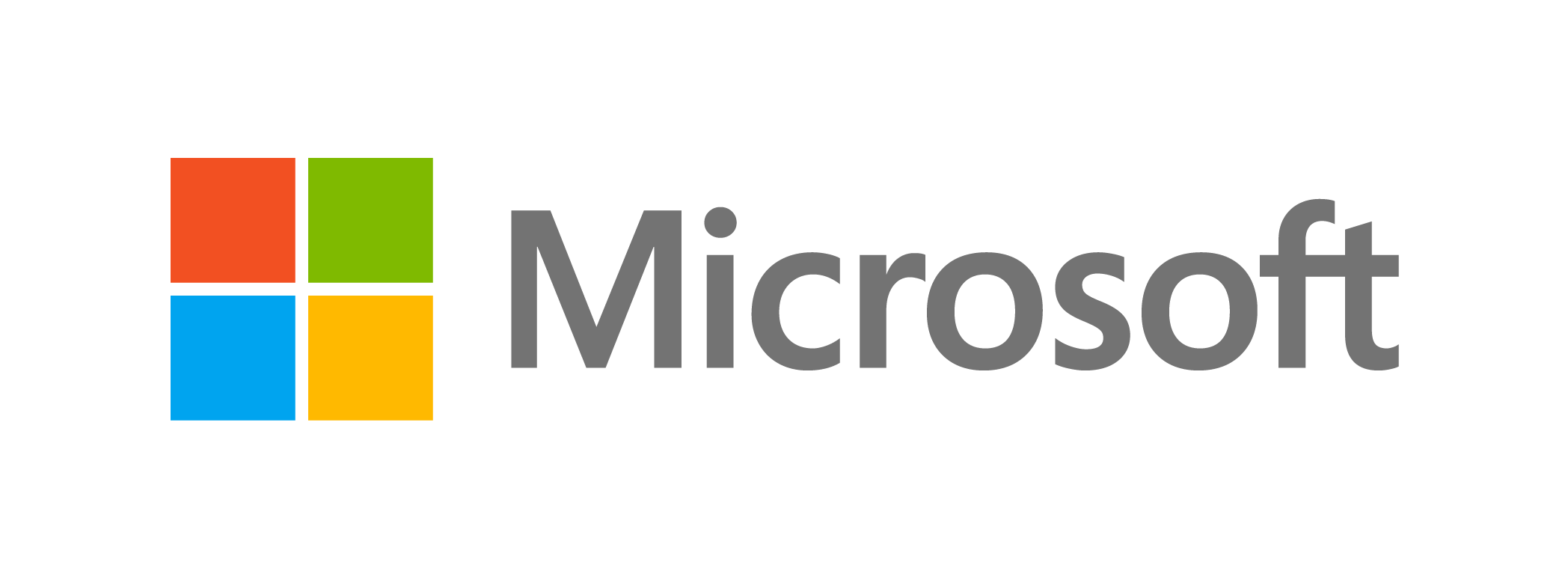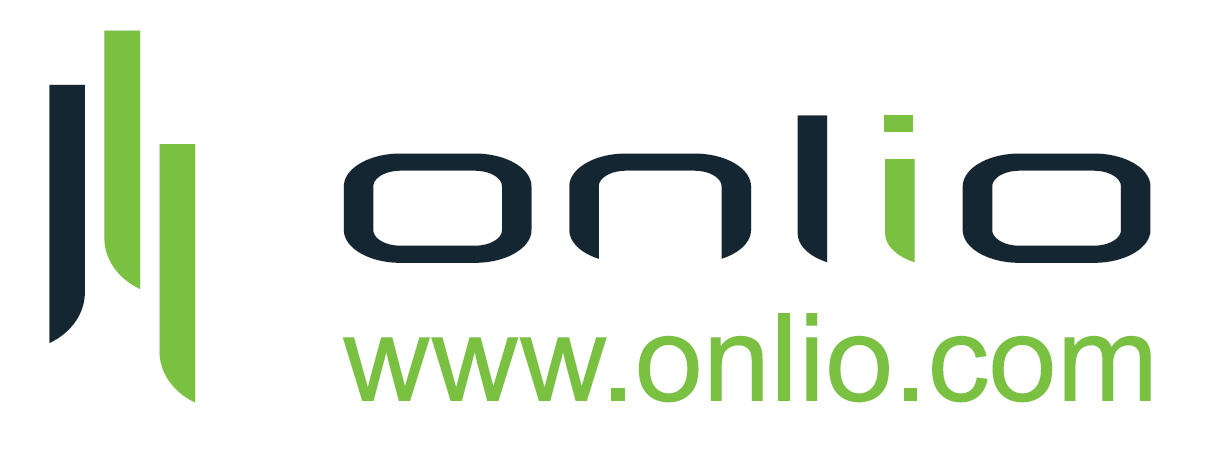Hugo Messer
Co-founder & CEO, Ekipa.co, Netherlands
Hugo Messer is a successful entrepreneur with tremendous experience running distributed software development teams. For ten years he has been running Bridge Global, a fully distributed offshore software company with developers all over the world. Based on this experiences he helps other
distributed teams collaborate better by organizing workshops. He has written 6 books about managing remote teams. Recently he set up Ekipa.co, a global market place for software teams.
Presentation
I will go through the why, where and how of offshoring. Why would you choose for a remote team? If you decide to do it, where do you go? What are the pros and cons of India, Eastern Europe, South America? What are the criteria for choosing one location over the other? I will dive into a few cultural differences and how to deal with them. Then we’ll cover the 3 main pitfalls many people walk into: 1. An ‘us versus them’ and ‘parent-child’ relationship; 2. Not enough preparation; 3. The black box approach. As a counter
2 measure, I will discuss 3 solutions: 1. Focus on people; 2. Create a strong communication rhythm; 3. Empathy. I will also share our ‘Bridge Canvas’: a structured method to create clear expectations from both ‘sides’.
I will dive deeper into the Bridge Canvas and share best practices in each of the blocks. I will present cases from larger companies and compelling best practices that can be applied directly. The four themes I will dive into deeply are: cultural differences and how to bridge
them effectively. Process and how to apply agile methodologies to a distributed setting. Team spirit: how to build a true feeling of ‘one team’ across distance, time and culture. And how to effectively measure performance, using a structured framework.
Key learning points:
• What are common pitfalls and best practices in offshoring and managing remote teams
• How to get started with offshoring (for an audience of beginners)
• Learn how to communicate smoothly across culture, distance and time
• How to bridge cultural differences in distributed teams
• How to apply agile methods to a distributed setting
Workshop
In Hugo’s workshop, participants will create a best practice board in teams of 5-6 people. The teams go through each block of ‘The Bridge Canvas’. The goal is to share best practices, ideas and experiences. Per block, each team selects the ‘best best practice’. At the end of the workshop, each team will present the best best practices for each block.
Look at Invitation Video.
The Distributed Agile Path is a method to improve collaboration in distributed teams. It can be used in combination with any other agile framework. Most agile frameworks don’t provide solutions for the challenges around culture, communication and distance that distributed teams face. The Distributed Agile Path aims to help distributed teams get into the right mindset. The toolset helps teams create clear rules for communicating and collaborating across cultures, timezones and geography.
In this workshop, participants will gain knowledge about the method and experience using the tools. The central tool in this one day workshop is ‚the distributed team canva’s. Participants will work in groups on their own situation or a scenario. Each team goes through each block of the distributed team canvas’. By actively working through each block as a team, participants will learn how to apply the canvas to their own team. People will learn from each other by sharing practices, ideas and experiences.
OUTLINE
• Introduction to The Distributed Agile Path
• Starting up: Creating the right mindset
• Aligning: Filling the distributed team canvas
• Cultural understanding: the empathy plan
• Working: Communicating & delivering value
• Process Management
• Workshop retrospective & action plan
AUDIENCE
• IT managers delivering projects with dedicated teams
• Software team members (project manager, scrum master, product owner, programmer) that face challenges in distributed team work
• Agile practitioners who want to help their customers work better in distributed setups
Key learning points:
• What are common pitfalls and solutions in managing distributed teams
• Learn methods and tools that can help your distributed team work better
• Learn how to collaborate smoothly across culture, distance and time
• How to bridge cultural differences in distributed teams
• How to apply agile methods to a distributed setting
Participants of the workshop will get a printed copy of the book ‚How to get prepared for managing a remote team‘ and can freely use the canvas and other tools in their own organization.

